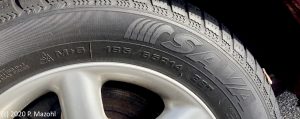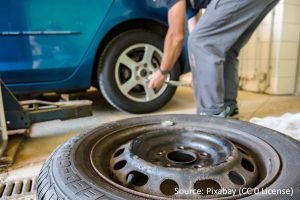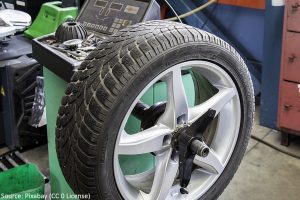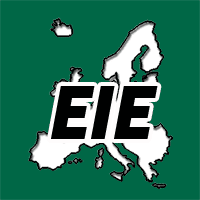In Europe, learning outcomes are defined by competences. Competence consists of knowledge, skills, and attitudes. This is typical for School Education and practiced this way during the last decade(s).
But is it really always that easy? Are competencies always the result of a learning process?
Various Definitions
In the ESCO definition of the European Commission (European Skills, Competences, Qualifications and Occupations) you will find:
“The term competence is broader and refers typically to the ability of a person – facing new situations and unforeseen challenges – to use and apply knowledge and skills in an independent and self-directed way.”
The ESCO definition of competence looks like this:
“competence means the proven ability to use knowledge, skills, and personal, social and/or methodological abilities, in work or study situations and in professional and personal development.”
Source: Eurospace
If you have a look at the ECVET Toolkit (https://www.ecvet-toolkit.eu/) you will find:
“statements of what a learner knows, understands and can do on completion of a learning process, and which are defined in terms of knowledge, skills and competence”.
Source: https://www.ecvet-toolkit.eu/introduction/ecvet-and-learning-outcomes
Reading all this, the question occurs: Is not competence always the same? And – are in Vocational Education and Training learning outcomes, defined as knowledge or skills, valid?
The answer is YES, and I’ll give you an example:
An Example

There is the company “Tire Fit” sells and fitting tires for cars. A customer is entering the selling room and asks for winter tires for his car. He is showing the car certification to the salesman. The salesman only must have the knowledge to classify the various parameters of the needed tire – nothing else.
During his specific education, he got the knowledge to decide which tire will fit which car and which parameters or regulations must be kept to ensure safe driving with these tires.
The customer has bought the tires and enters the workshop of the tire reseller to get the tires fixed on his rims. The worker there has learned how to take down the old tire and mount the new one. These are skills – nothing else. The worker must be able to handle the machine to disassemble the tires from the rim and after this mount the new ones and finally balance the wheel.
 |
 |
This is an example that in specific cases competencies are not versatile to be used as a description for learning outcomes, but in each case, it is necessary to analyze and evaluate how the learning outcomes can be described best. This can be simple knowledge as well as simple skills or complex competencies.
